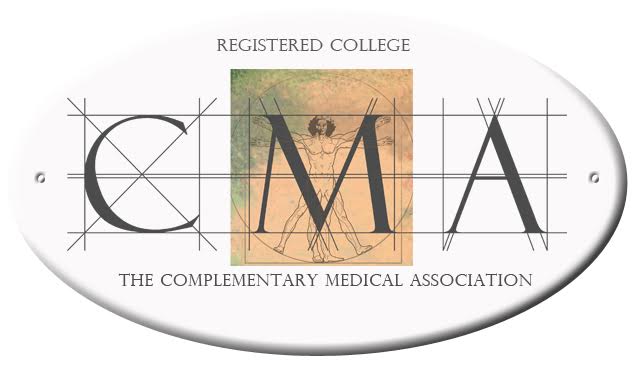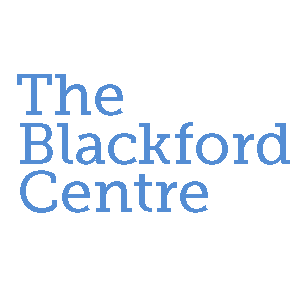Accredited Diploma in Counselling Course
The 16 Counselling Course Modules
- Why be a counsellor?
- A place to work
- Your tools
- Assessing your strengths and weaknesses
- Getting prepared
- Client-centred counselling
- The psychology of Abraham Maslow
- Gestalt theory
- Transactional analysis
- Existential counselling
- What do counsellors actually do
- When the client asks for advice
- Many problems don’t have a solution
- When counselling fails
- Listening skills
- Become an expert listener
- Prompts
- Questions
- Challenging the client
- Body language
- A note about medical conditions
- The world of the unconscious
- Defence mechanisms
- The Id, Ego and the Superego
- Psychoanalytic counselling interventions
- Stress
- Getting the right level of stress
- Identifying stress
- Conquering stress
- Getting in control
- Physical changes
- Other ways a client can reduce stress
- Symptoms of depression
- Self image
- Getting more sleep
- Suicide
- The cognitive-behavioural counselling theory
- Cognitive re-structuring
- Skill building interventions
- Behavioural modification
- Children’s problems
- Bedwetting
- Children who bully or are being bullied
- Disruptive or attention seeking children
- Phobias
- Eating problems
- Separated parents
- Child abuse
- The adult abuse victim
- Adoption
- Getting work from schools
- Your first meeting with the young person
- Family therapy
- The counsellor’s attitude towards drugs
- Smoking
- Smoking and the counsellor
- Drinking
- Tranquillisers
- Solvent abuse
- Illegal drugs
- Cocaine
- Heroin
- LSD
- Amphetamines
- Ecstasy
- Cannabis
- Gambling
- Children’s gambling
- Food
- Dealing with the addict
- In an emergency
- Understanding the client’s goals
- Marriage guidance and divorce
- Adultery
- Loss of libido
- Infertility
- Sexual difficulty
- Homosexuality
- Cross dressing
- Reminiscence therapy
- Getting reminiscence therapy work
- Counselling the dying
- Talking about pain
- Talking about death
- Counselling the bereaved
- Responding to emotion
- Physical comforting
- What you must not do
- The practical aspects of death
- About other organisations
- Getting paid
- Post-traumatic stress syndrome
- Getting into a company
- Watching for signs of stress
- Get it down on paper
- Vulnerable people
- Helping people become more successful at work
- Becoming independent
- Improving the relationship with the boss
- Time management
- Body language
- Eight ways to make the right impression
- Four ways to use body language
- Getting success away from work
- A one day course on workplace counselling
- Structure for a workplace course on counselling
- The types of clients
- How will you position yourself?
- Types of counselling
- Talking about counselling
- Competition
- Responding to a client’s question about competitors
- Product-based solutions
- Responding to a prospect’s enquiry
- The initial session
- Ending the initial session
- The client who wants to startstraightaway
- The counselling process
- Helping the client reach a conclusion
- Gaining trust
- Establishing rapport
- Sources of work
- The internet. Your website.
- Print advertising
- Writing an ad
- Mailshots
- A leaflet
- Networking
- PR
- Getting referrals from an organisation
- Client referrals
- How to find companies and professional organisations
- Local companies
- Response rates
- How much should you charge?
- Payment
- Terminating the sessions
- Keeping clients and the bank manager happy
- Client files
- The ‘form of business’
- How to keep financial records in four easy steps
- Tax
- Indemnity insurance
- Handling clients you don’t like
- Liasing with other professionals
- Using transactional analysis
- Counselling frameworks
Read more: What you’ll find in the pack



